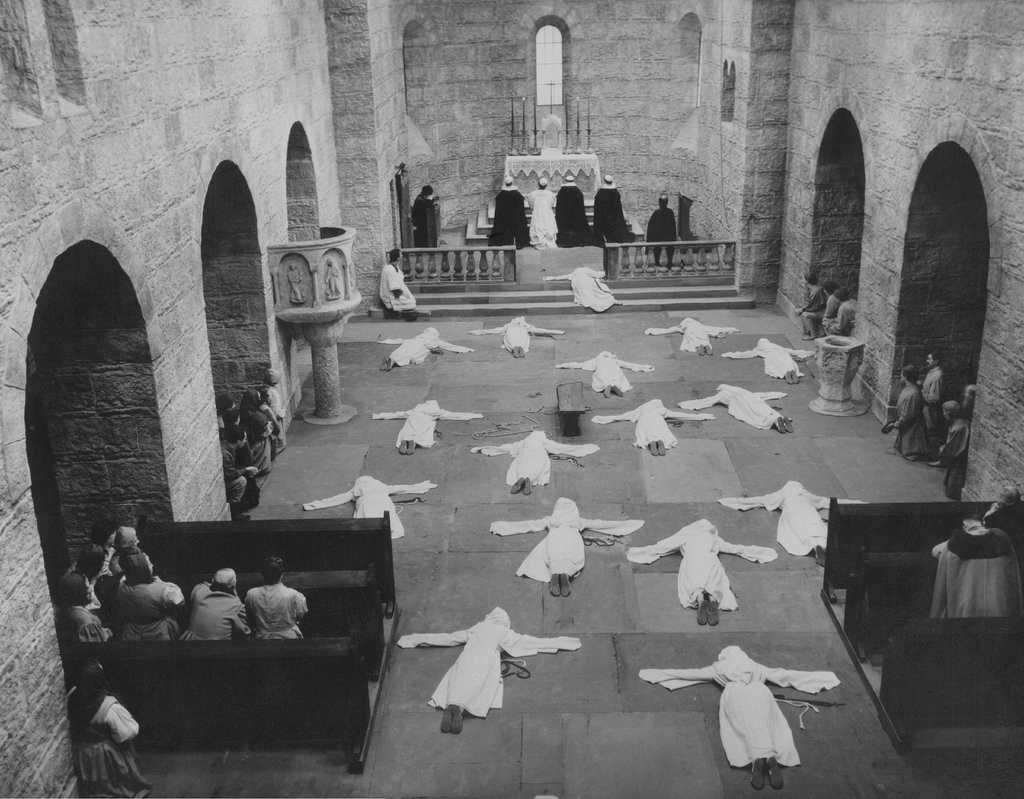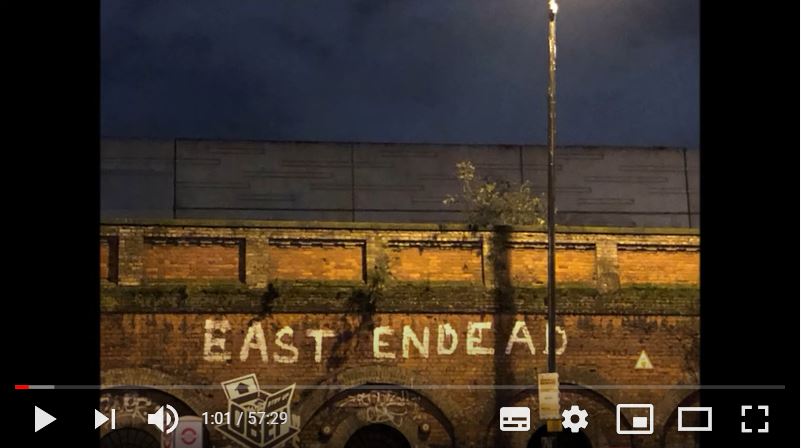Par exemple je me suis toujours interdit de penser à une vie future, mais j'ai toujours cru que l'instant de la mort est la norme et le but de la vie. Je pensais que pour ceux qui vivent comme il convient, c'est l'instant où pour une fraction infinitésimale du temps la vérité pure, nue, certaine, éternelle entre dans l'âme. Je peux dire que jamais je n'ai désiré pour moi un autre bien.
Simone Weil, Attente de Dieu, 1942.

SPELLBOUND

Abstract
Spellbound, that is Nadine Hartmann | Clio Nicastro | Hannah Proctor.
Each contribution takes a cue from Chris Kraus’s book Aliens and Anorexia (2000). Kraus’s text deals with the making of her film, Gravity and Grace, and the inspiration she found in Simone Weil’s life and writings.
le manège des textes
New contributions:
Rachel Pafe (Berlin): The Miracle of Love Amidst the Crushes of War: Thinking through The Iliad with Susan Taubes and Simone Weil
Rachel Pafe is a writer and researcher interested in modern Jewish thought and critical theories of mourning. She is currently doing a joint PhD at Goethe University of Frankfurt and Université Lille. For more information visit Rachel’s Page. To read the German-version of the article, please click here. In her 1956 dissertation on French philosopher-mystic Simone
Marcus Steinweg (Berlin): “Notizen zu Simone Weil”
Leseschlüssel Die hier gelisteten – teils veröffentlichten, teils unveröffentlichten – Notizen von Marcus Steinweg beziehen sich allesamt auf Simone Weil. Die Liste ist offen und wird schrittweise durch neue Notizen erweitert. RIGORISMUS An Simone Weil besticht ihr Rigorismus und ihre Klarheit. Noch wenn sie sich dem Alltäglichen zuwendet, geht der Vektor ins Nichts. Nie versenkt
Elisabeth Hubmann (Genève): Organ improvisations in response to Simone Weil’s “Les Lutins du feu” (ca. 1921/22)
Il dansait, il dansait toujours, le peuple des âmes candides, des âmes des enfants qui ne sont pas encore nés; attendant leur tour d’être des hommes, les lutins se poursuivaient sur les bûches crépitantes. Simone Weil, Les Lutins du feu, 1921/22. ELISABETH HUBMANN Abstract Elisabeth is an organist, musicologist, and environmentalist active in Genève, Amsterdam
